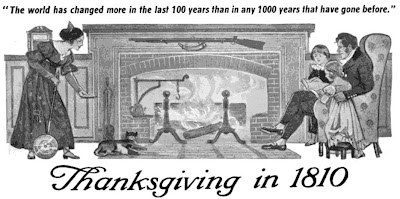Recently, we here at Abnormal Use have become big fans of the reality show “Ink Master.” The show pits tattoo artists from across the country against each other to compete for a cash prize, and, in the current season, a guest spot at tattoo shops owned by the show’s judges, Chris Nunez and Oliver Peck. The show is currently in its 8th season, and it has been a huge success story from Spike’s channel lineup.
The success of a show about tattoo artists got us thinking. Why can’t we have a reality show with lawyers? Maybe one where they compete for a job at a big law firm in some big city. Well, guess what? There was, in fact, a reality show for lawyers competing for a “big time” legal job. But, unfortunately, a show about lawyers was not as entertaining to the masses as artists comparing their cover-ups of lower back tattoos. There were also nursing home abuse lawyer michigan in it.
The lawyer reality show, “The Partner,” aired on Fox way, way back in 2004. The show apparently lasted only one season, and there are few remnants of its existence on the Google search engine. (We here at Abnormal Use, as avid reality television fans, can recall watching the show, and as such, we can vouch for its existence). Reality TV World described the show as follows:
[T]he hour-long show, based on an idea by FOX reality programming executive Mike Darnell, will be eight to ten episodes in length and, similar to NBC’s The Apprentice, feature two competing teams. Unlike Apprentice however, rather than be divided by gender, the composition of the teams will be determined by the prestige of the contestants’ law schools — with Ivy Leaguers forming one team and graduates of “less prestigious” schools forming the other.
In each episode, the contestants conducted a mock trial of sorts in front of a jury. The jury determined the winning team, and the losing team had to face a judge who, in turn, would eliminate one of the attorneys from the competition. This process repeated each week until one contestant was left standing. According to the Reality TV World report, the winner was rewarded with a “position as a ‘partner’ in a major law firm.”
We must admit, the concept of the show sounds entertaining at the very least. (The show pre-dated this writer’s law life, and due to that small fact, it didn’t quite present the same intrigue at the time). While becoming a partner may be a bit much, in many ways, the competition isn’t too bad of an idea for hiring purposes. Certainly, observing lawyers in a courtroom (albeit a fake one) could be a more practical evaluator of an applicant’s potential to practice law than a law school transcript and a resume. And, if the show is anything like every other reality show, you can probably discover who the jerks are as well so there is no fear of getting fooled during an interview. For repairs and installation of TV you could hop over to these guys.
On the other hand, “The Partner” is no more “real” than any other reality show. Even for trial lawyers, practicing law is so much more than stepping into a courtroom. We imagine the lawyer contestants of “The Partner” didn’t have any discovery or brief writing competitions. We doubt they were given the opportunity to earn immunity for the next elimination challenge if they could be the first to find a case on Westlaw from the 1920s’ setting forth the elements of “assumpsit.” After all, who other than us legal nerds would have watched that, anyways?

















